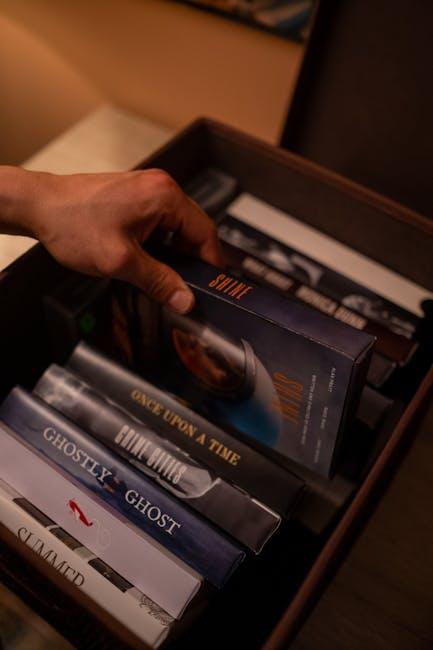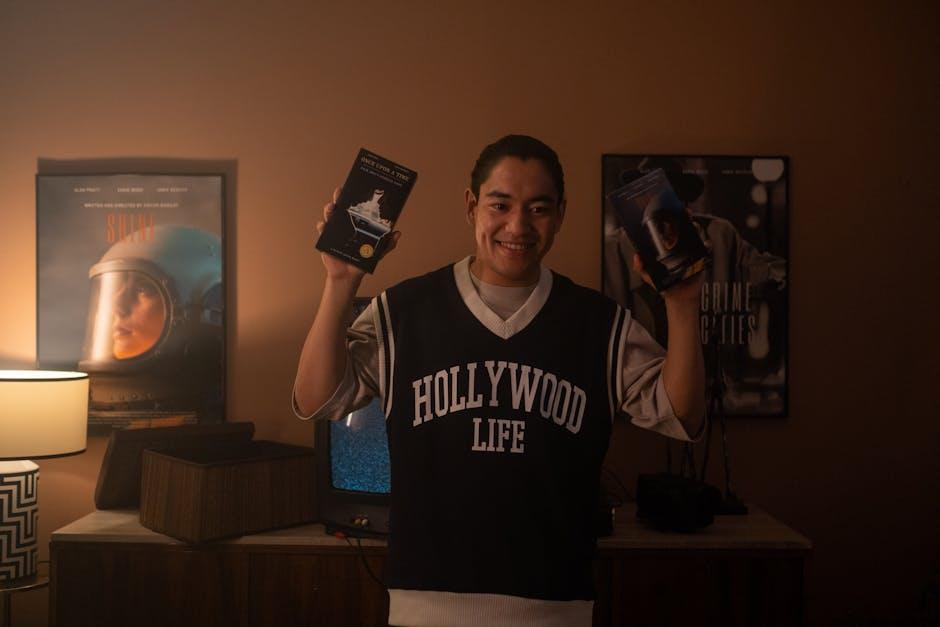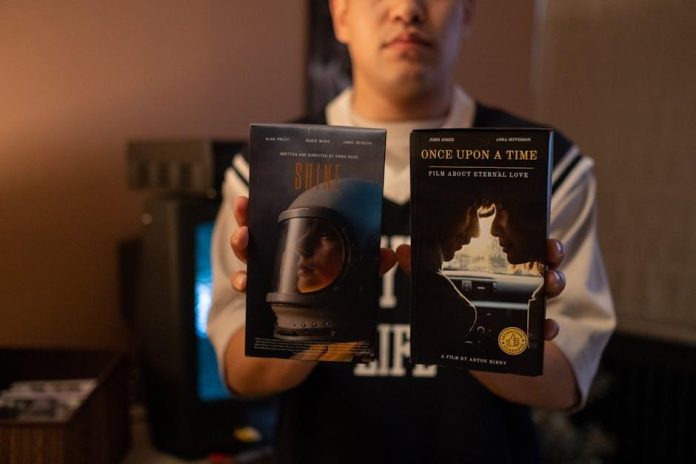In the grand tapestry of cinematic history, certain films stand as towering pillars, casting long shadows that stretch across the decades. These are the classic films, timeless works of art that have not only captivated audiences but have also shaped the very essence of filmmaking itself. As we embark on a journey through the annals of movie history, we pay homage to these masterpieces that have wielded unparalleled influence. From the flickering black-and-white frames of early cinema to the Technicolor dreams that followed, these films have defined genres, inspired countless directors, and left indelible marks on the cultural landscape. Join us as we explore the most influential classic films, whose echoes continue to resonate in the heart of every movie lover and filmmaker today.
Cinematic Pioneers: Exploring the Groundbreaking Techniques of Classic Films

Classic films have laid the foundation for modern cinema, introducing revolutionary techniques that continue to influence filmmakers today. These cinematic gems have broken barriers and set new standards in storytelling, visual effects, and character development. Among the most significant contributions are:
- Innovative Camera Work: Pioneers like Alfred Hitchcock and Orson Welles introduced techniques such as the dolly zoom and deep focus, creating immersive experiences that draw viewers into the narrative.
- Groundbreaking Special Effects: Films like “Metropolis” and “King Kong” used miniature models and stop-motion animation to bring fantastical worlds to life, paving the way for modern CGI.
- Nonlinear Storytelling: Directors such as Akira Kurosawa in “Rashomon” challenged traditional narrative structures, inspiring future filmmakers to explore complex storytelling methods.
These pioneering techniques not only enhanced the visual and emotional impact of classic films but also reshaped the way stories are told on screen, leaving an indelible mark on the art of filmmaking.
Cultural Impact: How Timeless Classics Shaped Societal Narratives
The golden age of cinema brought forth films that did more than entertain; they reshaped the very fabric of society’s storytelling. These timeless classics are not mere relics of the past but vibrant, living narratives that continue to influence our cultural lexicon. Through their exploration of complex themes, these films have been instrumental in shaping societal narratives, offering insights into human nature, morality, and the intricate dance between personal and collective identities.
- “Casablanca” — A tale of love and sacrifice set against the backdrop of World War II, this film has become a cultural touchstone, immortalizing the struggle between personal desire and greater good.
- “To Kill a Mockingbird” — This adaptation of Harper Lee’s novel remains a powerful commentary on racial injustice and moral courage, inspiring generations to confront prejudice and embrace empathy.
- “The Godfather” — More than just a crime saga, it delves into the complexities of family loyalty and power dynamics, influencing countless narratives in film and literature.
These films, through their compelling storytelling and unforgettable characters, have transcended their era, leaving an indelible mark on the cultural consciousness. They have inspired discussions, sparked movements, and have become a lens through which we view the evolving narrative of society itself.
Must-Watch Masterpieces: Essential Films That Defined Generations

In the grand tapestry of cinema, certain films stand out as timeless icons, shaping the cultural landscape and influencing countless filmmakers and audiences alike. These are the movies that transcend mere entertainment, weaving themselves into the fabric of societal change and artistic evolution. “Citizen Kane” (1941) remains a touchstone of cinematic innovation, celebrated for its groundbreaking narrative structure and visual storytelling. Meanwhile, “The Godfather” (1972) set the gold standard for crime dramas, its intricate portrayal of power and family dynamics echoing through decades of storytelling.
- Metropolis (1927): A silent-era marvel that painted a dystopian future with haunting precision.
- Psycho (1960): Alfred Hitchcock’s masterpiece that redefined the thriller genre with its psychological depth.
- 2001: A Space Odyssey (1968): A visual and philosophical odyssey that continues to inspire sci-fi enthusiasts and filmmakers.
These films are more than just classics; they are pillars of artistic achievement, influencing not only the films that followed but also the very way we perceive storytelling. As we delve into these cinematic treasures, we uncover the enduring power of film to reflect and reshape the human experience.
Enduring Legacy: Lessons Modern Filmmakers Can Learn from Classic Cinema

Classic cinema serves as a rich repository of knowledge and inspiration for contemporary filmmakers, offering timeless lessons in storytelling and technique. Among these lessons is the art of visual storytelling. Films like Metropolis and Citizen Kane demonstrate how to convey complex narratives through powerful imagery and innovative camera work. Modern directors can learn to craft stories that resonate on an emotional level by paying attention to how these classics use light, shadow, and composition to enhance the narrative.
Another invaluable lesson is the importance of character development. Classic films such as Casablanca and Gone with the Wind showcase richly layered characters whose journeys are both compelling and transformative. Filmmakers today can benefit from understanding how these characters are constructed, drawing audiences into their world and creating a lasting impact. By studying these films, contemporary storytellers can learn to build characters that are not only believable but also unforgettable.
- Emphasize strong narrative arcs
- Utilize innovative film techniques
- Focus on character-driven stories
- Incorporate visual symbolism



